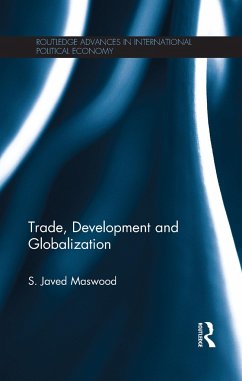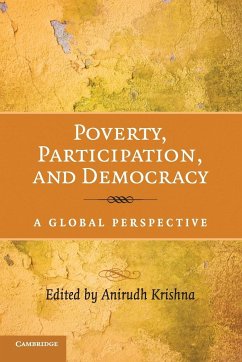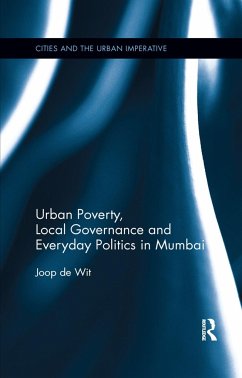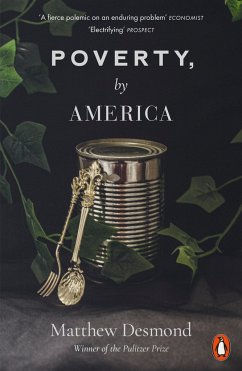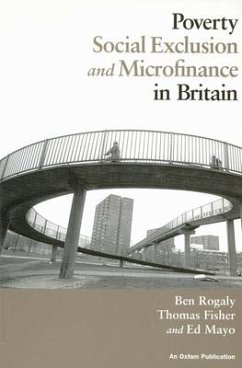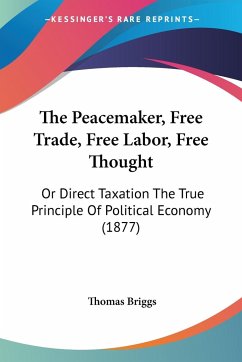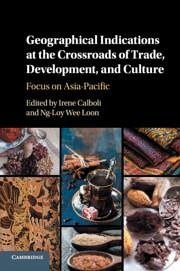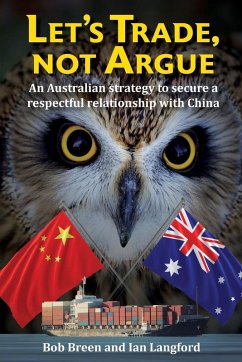
Trade, Poverty, Development
Getting Beyond the WTO's Doha Deadlock
Herausgeber: Wilkinson, Rorden; Scott, James
Versandkostenfrei!
Versandfertig in 1-2 Wochen
29,99 €
inkl. MwSt.
Weitere Ausgaben:

PAYBACK Punkte
15 °P sammeln!
This work seeks to look beyond the seemingly endless deadlock in the WTO's Doha round of trade negotiations that began in November 2001 and were first scheduled to conclude by January 1, 2005. As well as offering an incisive analysis of the ills of the round, with particular attention directed at the poorest and least developed countries, the book expands on how the round could be moved forward elaborating on the Statement on the Doha Development Agenda that was negotiated in Johannesburg . The work as a whole provides the reader with a critical analysis of the implications of the negotiations...
This work seeks to look beyond the seemingly endless deadlock in the WTO's Doha round of trade negotiations that began in November 2001 and were first scheduled to conclude by January 1, 2005. As well as offering an incisive analysis of the ills of the round, with particular attention directed at the poorest and least developed countries, the book expands on how the round could be moved forward elaborating on the Statement on the Doha Development Agenda that was negotiated in Johannesburg . The work as a whole provides the reader with a critical analysis of the implications of the negotiations for development and poverty reduction as well as proposals for moving beyond the current impasse. The volume brings together contributions from serving and former ambassadors to the WTO, key practitioners, and civil society representatives along with those of leading scholars. Each chapter explores an area of critical importance to the round; and together they stand as an important contribution to debates not only about the Doha round but also about the role of trade in the amelioration of poverty in the poorest countries.





